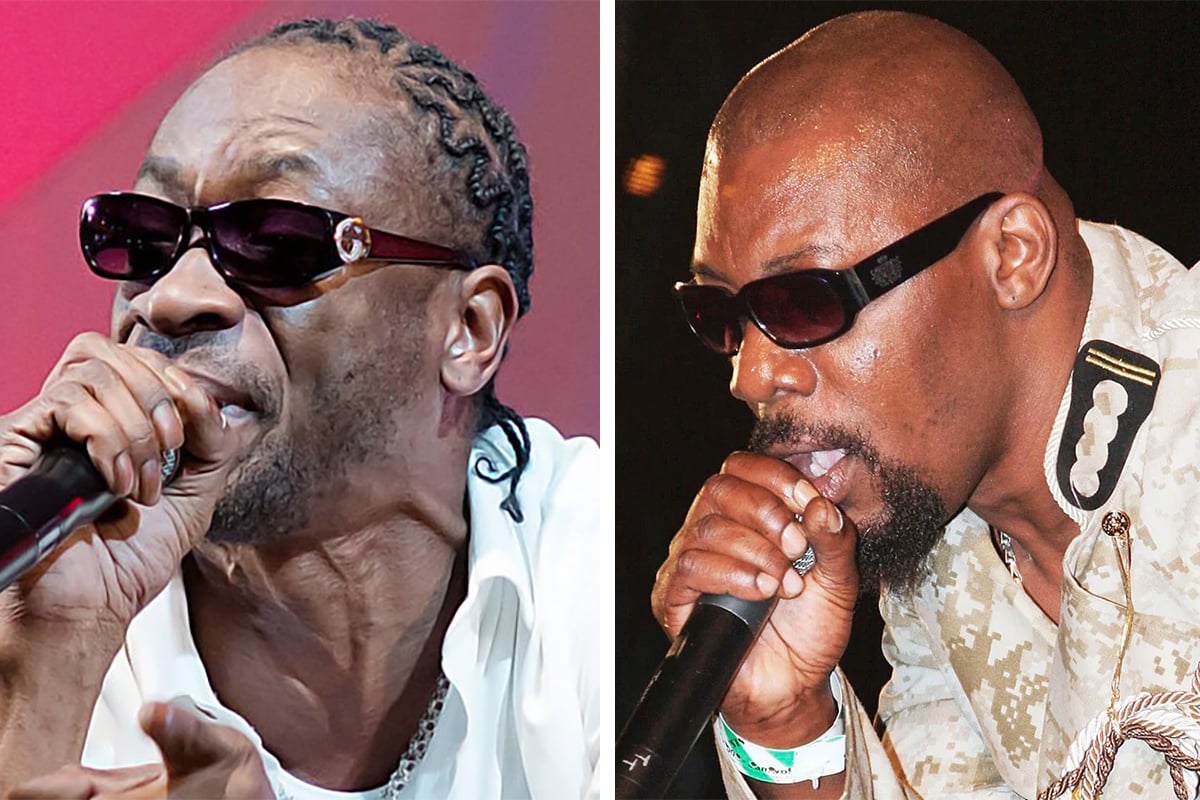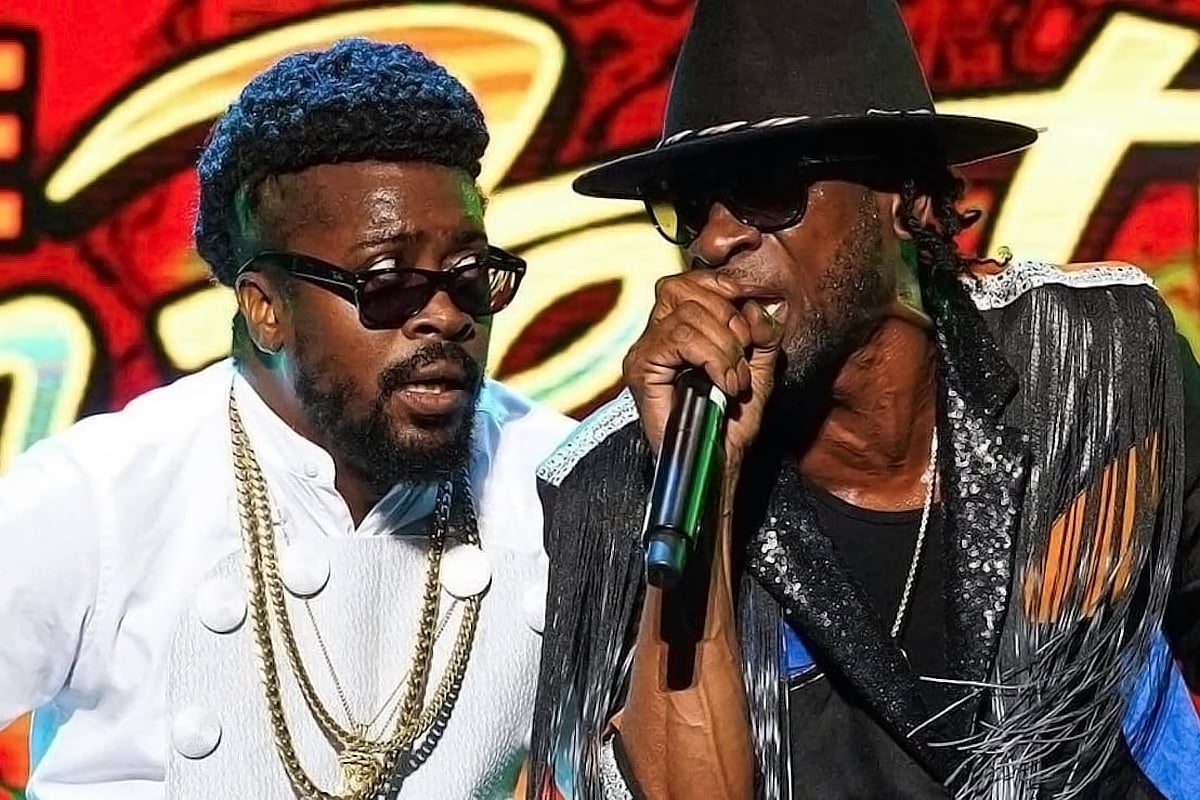Bounty Killer Says Merciless Didn’t Capitalise On Sting Victory

Dancehall veteran Bounty Killer believes late deejay Merciless didn’t do enough to make himself a commercial star following their memorable Sting clash in 2000.
The lyrical ‘Warhead’, who died in 2022, had a historic victory against the “men in black” – Bounty, Ninja Man and Beenie Man – but faded into the background shortly after. Merciless had long linked his decline to being blackballed by some music producers and DJs, made worse by the constant vocal comparisons to Bounty. But the latter tells a different tale of his former rival’s demise.
“A lot of people went into rivalry after (Beenie and I) but nuh become nuh big household classic rival, so, if you do it the right way and then yuh play your part, cause watch yah,” Bounty paused while speaking on the latest episode of The Cut. “RIP to Merciless… After Bounty and Beenie, the next big hype came from a clash with Merciless, Bounty Killer, Ninja Man and Beenie, but Merciless never capitalised on it. He never put in the work in his career after the rivalry. It’s like the rivalry die and you die too. Where was the talent? Where was the skills?”
Given name Leonard Bartley, Merciless first performed at Sting in 1994, with his first clash with Bounty three years later. His pyrrhic victory, however, would come in 2000 when he silenced “Deadman Ballentine” with relentless lyrics about his sexual endeavors behind bars, before calling up Bounty to save his elder. But the ‘Warlord’ proved to be no match for a camouflaged Merciless, leading to Beenie’s entry on stage. Even as the three men shadowed him, he never backed down, and kept the lyrical ammunition firing, emerging as that year’s champion.
Bounty’s mentioning of Merciless came after he was asked about the importance of rivalry in dancehall, the short answer of which was his belief that each contender must be talented enough to have a strong solo career.
“Rivalry nuh important to the business but it’s important to the development of careers cause when two people get inna rival, if you have the talent to survive like Kartel and Mavado, they are the only two that come gain like Bounty and Beenie… If Bounty and Beenie never have enough skills, the rivalry wouldn’t work. [If] Kartel and Mavado never have enough talent, the rivalry wouldn’t work, so, rivalry is a good marketing tool.”
Bounty and Beenie’s since-squashed feud started as the former felt Beenie was copying his style. Challenged by the claim, the Memories deejay saw the conflict as an opportunity to work on his war tunes, and the two put it down at Sting 1993, the setting that would cement them as the future of dancehall.
While Bounty doesn’t know if he would have attained his icon status void of their rivalry, he toasted to the age-old success of “controversy sells.”
“If mi did work solo at Sting, mi woulda still get a forward cause mi song dem popular and people did a look forward to see me, but the impact weh me and Beenie create the attention was on. Solo, none of we woulda gain that.”
Last month, the Look Into My Eyes deejay saluted clash culture but cautioned new-gen acts to keep it musical and steer clear of entourages.

